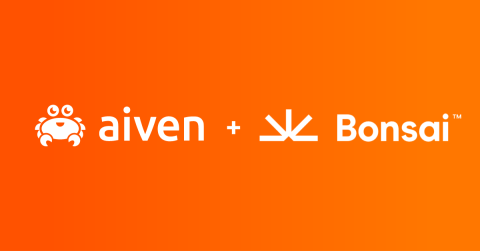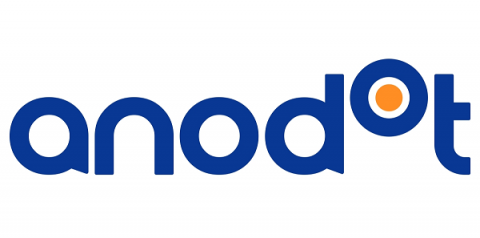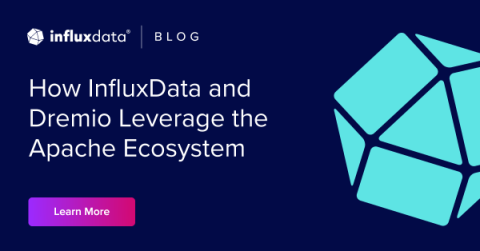Operations | Monitoring | ITSM | DevOps | Cloud
Analytics
Introduction to Apache Arrow
A look at what Arrow is, its advantages and how some companies and projects use it. Over the past few decades, using big data sets required businesses to perform increasingly complex analyses. Advancements in query performance, analytics and data storage are largely a result of greater access to memory. Demand, manufacturing process improvements and technological advances all contributed to cheaper memory.
Bonsai Turns to Aiven for Automated Event-Driven Architecture to Handle Millions of Data Points
Update your synonyms in Elasticsearch: Introducing the synonyms API
In a previous post, we talked about synonyms and their importance for providing a great search experience. Using synonyms improves search results by: Search results need to evolve over time. New items go on sale, new trends change what users search for, and new terms become part of a search domain. Our search experience must evolve as well. As part of evolving our search experience, it's important to keep our synonyms updated.
Amazon RDS: managed database vs. database self-management
Amazon RDS or Relational Database Service is a collection of managed services offered by Amazon Web Services that simplify the processing of setting up, operating, and scaling relational databases on the AWS cloud. It is a fully managed service that provides highly scalable, cost-effective, and efficient database deployment.
Deploying Scalable Next.js Applications on Netlify with PostgreSQL and Redis
Aiven helps Software Engineers at eFishery to be Creative and Transform Indonesian Aquaculture
Getting started with Netlify and Aiven
Bringing speedups to top-k queries with many and/or high-frequency terms
Disjunctive queries (term_1 OR term_2 OR... OR term_n) are extremely commonly used, thus they are getting a lot of attention when it comes to improving query evaluation efficiency. Apache Lucene has two main optimizations for evaluating disjunctive queries: BS1 on the one hand for exhaustive evaluation, and MAXSCORE and WAND on the other hand to compute top hits.
How InfluxData and Dremio Leverage the Apache Ecosystem
InfluxData and Dremio have always been at the forefront of embracing open source solutions to enhance their product offerings. This post discusses how both companies currently leverage the Apache Ecosystem and describes the downstream impact these powerful technologies have on their offerings. InfluxData created and maintains InfluxDB, a time series platform.











